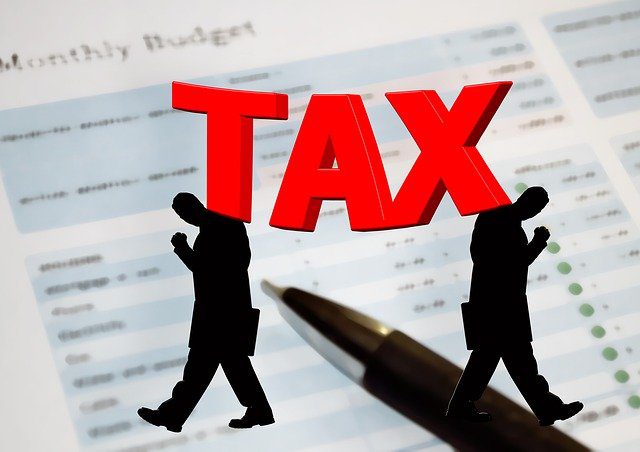
In Septembers Mini Budget, Chancellor Kwasi Kwarteng has announced a range of tax-cutting measures in his fiscal event, or ‘mini Budget’.
Here’s what you need to know about the key announcements.
Income Tax
- The Chancellor brought forward a 1p cut in the basic rate of income tax to next April.
- For someone on a salary of £25,000 per annum when the tax cut is applied in April 2023, they will be £125pa better of in income tax
- For someone on a salary of £50,000 per annum they will be better of by £375.
- The Chancellor abolished the top rate of tax for high-earners, which is proving to be controversial and not seen to be helping those in need the most
Paying less tax is always a good thing, but I don’t think these savings are significant enough to help with the rising cost of living and I see it more as political spin, than actually helping people!
National Insurance
- The Chancellor also reversed the recently introduced increase in National Insurance, with the 1.25 percentage point increase cut from 6th November, workers and employers have paid an extra 1.25p in the pound since April.
- Money expected to be raised from the health and social care levy will now be paid out of general taxation.
- The new Health and Social Care Levy to pay for the NHS will not be introduced
Corporation Tax
- Another tax cut was for businesses, Corporation tax will remain at 19% instead of rising to 25%.
National Insurance Tax Hike Explained
Benefits
- The Chancellor changed the rules around Universal Credit, announcing that benefits will be reduced if those in receipt do not fulfil their job-seeking commitments.
- Around 120,000 additional Universal Credit claimants will need to take active steps to find more work or face a reduction in their benefits.
- Jobseekers over 50 to be given extra time with work coaches to help them return to job market
Property
- The Chancellor announced a cut to stamp duty rates in England and Northern Ireland, with no stamp duty to pay on the first £250,000 of a property purchase.
- First-time buyers will have no stamp duty to pay on purchases up to £425,000.
- Both stamp duty cuts come into force immediately, taking 200,000 people out of the system altogether.
Work & Investment
- New and start-up companies able to raise up to £250,000 under scheme giving tax relief to investors
- Share options for employees doubled from £30,000 to £60,000
- IR35 rules – the rules which govern off-payroll working – to be simplified
- Annual investment allowance, the amount companies can invest tax free, remains at £1m indefinitely
- Regulations change so pensions funds can increase UK investments
Leisure
- Beer, wine and cider duty rises are being cancelled
- In an effort to bolster tourism overseas visitors will be able to shop VAT-free.
- Dozens of low-tax and low-regulation ‘Investment Zones’ are being created across the country, with new startups enjoying breaks such as exemption from business rates.
